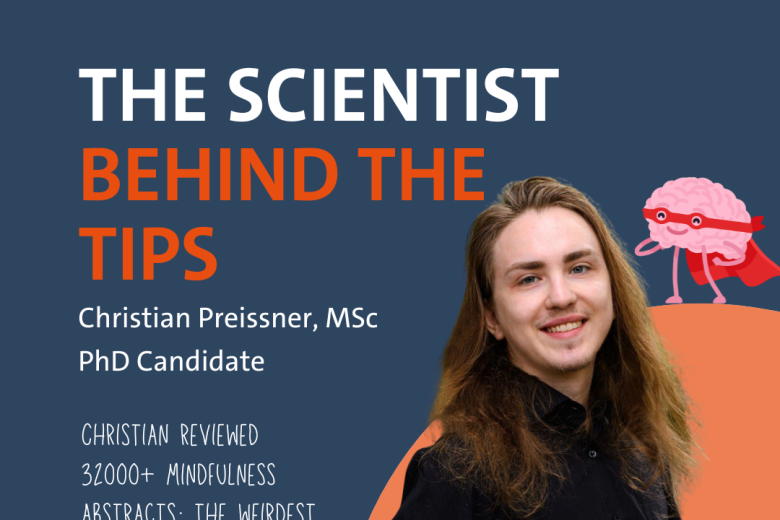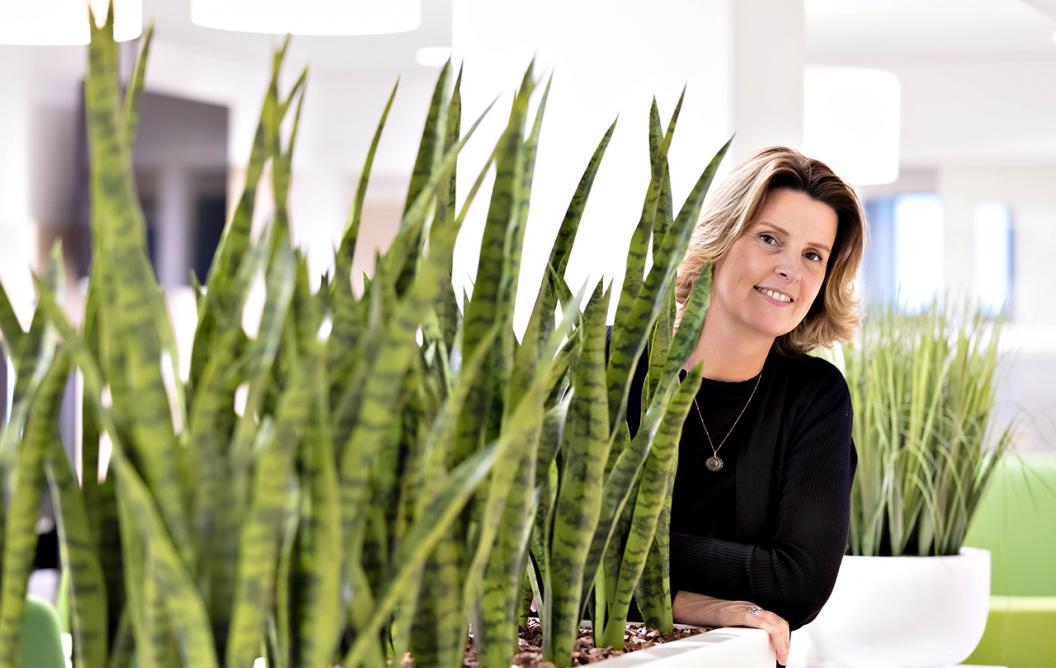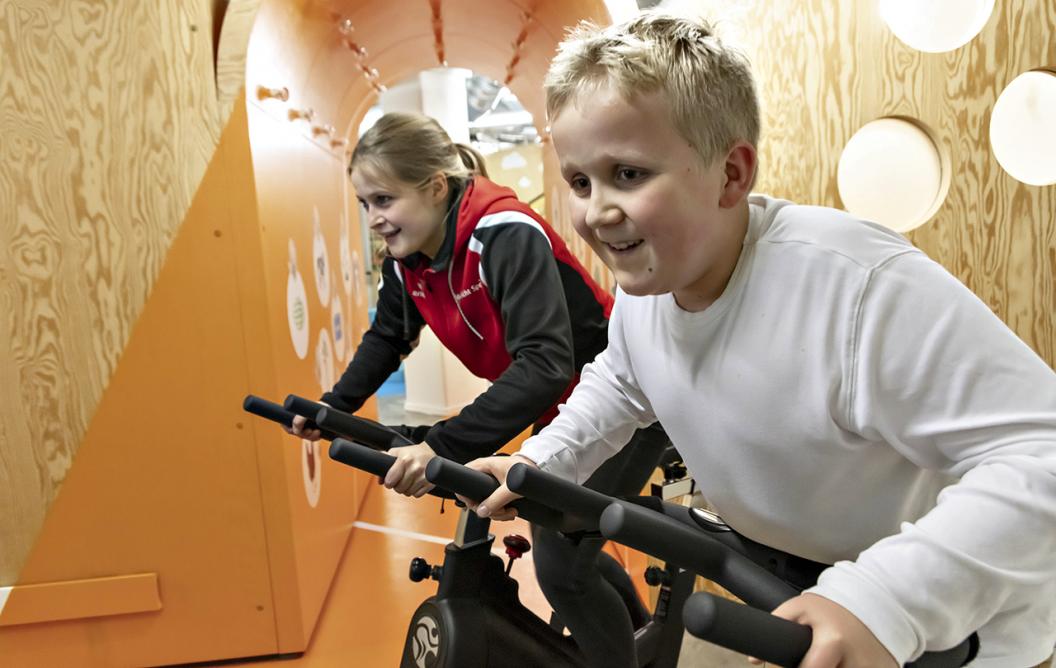Parenting in times of crisis
“Be supportive and open.” This is Dr Anita Vreugdenhil’s advice to parents when it comes to communicating with their children about the corona crisis. Vreugdenhil is a paediatrician at the Maastricht UMC+ and founder and head of the Centre for Overweight Adolescent and Children’s Healthcare (COACH). “Discuss it, in particular with adolescents,” she adds. “Have a conversation with them all the time.”
Over the past few months, the paediatricians at the MUMC+ have conducted their consultations by phone in secure, private teleconferences. All paediatricians except those in the acute care and paediatric wards worked from home. The planned sports and cooking activities for children had to be cancelled, but the paediatricians were able to reach out to the children via social media. “We posted all kinds of challenges on Instagram, on Facebook, and we challenged them to upload their own photos on Facebook, to show how they were staying physically active and cooking healthily,” Vreugdenhil says. The children’s lives may have been turned upside down, but COACH was able to support them in incorporating healthy habits into their new situation.
COACH: the missing link
Vreugdenhil founded COACH 10 years ago, out of a passion for and belief in the importance of a healthy lifestyle. She developed her vision first and foremost by listening to children and their families to find out what they really need. She also talked to partners, companies and healthcare providers who were searching for ways to help overweight children. The match between families and experts was the missing link, and Vreugdenhil made it her mission to bring them together.
Why is it important to focus on overweight children?
“Obese children often become obese adults. It’s very difficult to change lifestyle habits in adulthood, but all studies show that the younger we start, the easier it is. As early as 6 to 12 years of age, overweight and obese children show risk factors for chronic disease, like insulin resistance, the first stage of diabetes type 2, or high blood pressure, a precursor to cardiovascular disease. We were quite shocked that so many children already show the first stages of chronic diseases.”
Fifteen percent (and in some areas, up to fifty percent) of children in the Netherlands are overweight or obese: 500,000 children nationally, approximately 40,000 of them in Limburg. In addition to medical issues, these children face psychosocial challenges such as lower self-esteem and quality of life. To allow these children to follow their ambitions and dreams rather than being mired in health, social and economic challenges, preventing the development of chronic disease at an early stage is key.
What is the best strategy for a healthy lifestyle?
COACH focuses on the implementation of personalised, long-term interventions. Children are referred to the centre by youth workers, general practitioners or paediatricians. In areas where many children are involved in COACH interventions, the children themselves become “ambassadors” of the centre, enthusiastically spreading the word in the community. The secret to success lies in tailoring the approach per child and guiding families for as long as needed.
What does the intervention actually involve?
Children referred to the centre first undergo a multidisciplinary assessment of their dietary habits, physical activity, comorbidities, psychological wellbeing and social interactions. Depending on the results of this assessment, a customised intervention is developed combining different approaches: coaching for parents on how to change lifestyle habits, sports programmes, ‘buddies’ (UM students), cooking lessons, food tastings and training in how to read product labels. Some children have attention deficit disorders which first need to be treated by a psychologist before the intervention can begin. The interventions themselves may last anywhere from one to seven years.
What is your most important advice to families?
“Don’t try to change everything at once. If I ask kids what they want to change first, they always pick something really hard, like ‘I will not eat chocolate as soon as I get home from school.’ I ask them, if this is level 20, what would level 1 be? Baby steps, like ‘drink more water’ or ‘take a 10 minute walk after dinner three times a week’ are more feasible goals. When these goals become effortless, the family is more likely to sustain the healthy habits.”
The next step
Now that the worst of the crisis seems over, Vreugdenhil is refocusing part of her research on topics related to COVID-19 for children and adolescents. She has initiated the COVID-19 Obesity and Lifestyle in Children (COLC) study to investigate the effects of the corona crisis on children’s lifestyles. Specifically, the study will focus on effects on the body and the overall health of children and adolescents between 4 and 18 years of age. In the coming years, COACH will also implement a training programme called Your Coach Next Door, in which school nurses learn to perform the same types of guided interventions with children and families that are performed at the centre. The idea is to remove barriers to intervention, such as the stigma of going to hospital, although COACH will continue to monitor any medical issues. This programme is already being implemented in the Province of Limburg.
More information on the COLC study, privacy protection and participation (in Dutch).
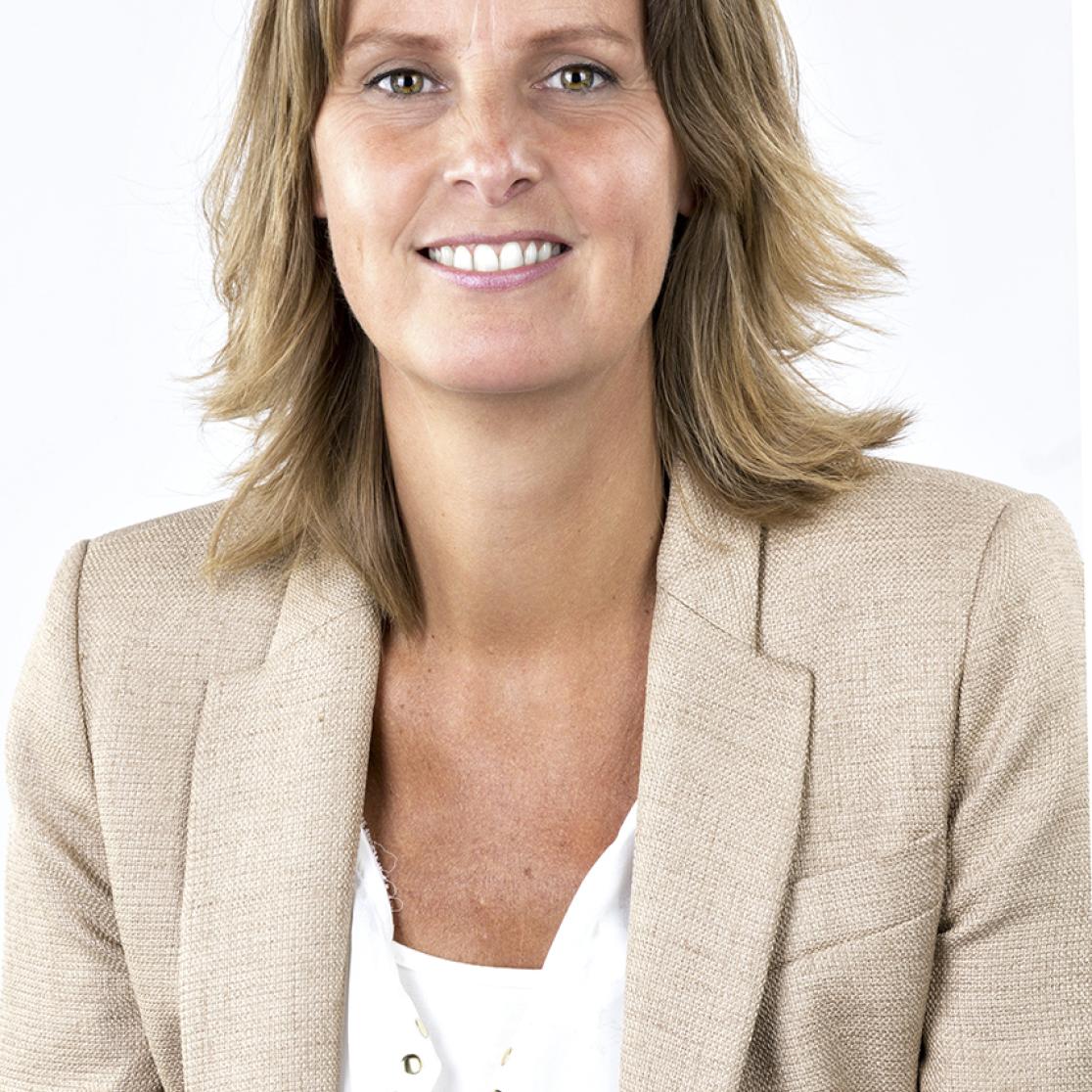
Also read
-
Evidence-based health tips for students: supermarket psychology
In the upcoming months, we’ll share tips on Instagram for our students on how to live a healthier life. Not just a random collection, but tips based on actual research happening at our faculty. The brains behind this idea are L ieve Vonken and Gido Metz, PhD candidates at CAPHRI, the Care and Public...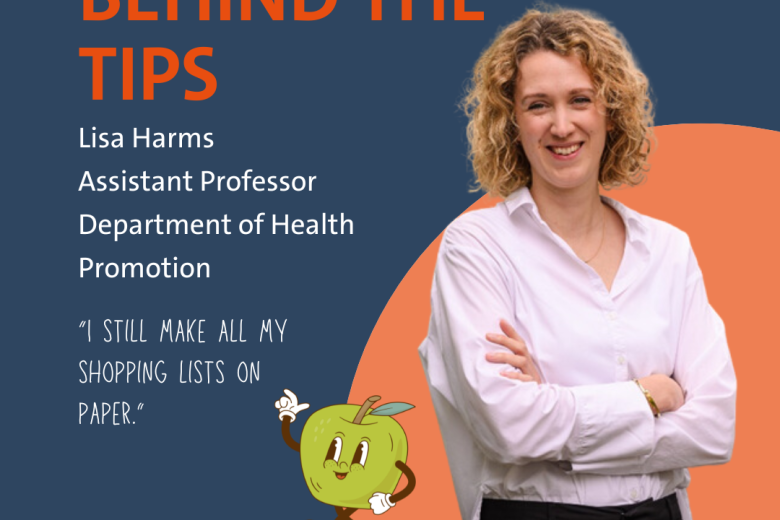
-
Evidence-based health tips for students: the science of love and sex
In the upcoming months, we’ll share tips on Instagram for our students on how to live a healthier life. Not just a random collection, but tips based on actual research happening at our faculty. The brains behind this idea are L ieve Vonken and Gido Metz, PhD candidates at CAPHRI, the Care and Public...
-
Evidence-based health tips for students: the science of mindfulness
In the upcoming months, we’ll share tips on Instagram for our students on how to live a healthier life. Not just a random collection, but tips based on actual research happening at our faculty. The brains behind this idea are L ieve Vonken and Gido Metz, PhD candidates at CAPHRI, the Care and Public...